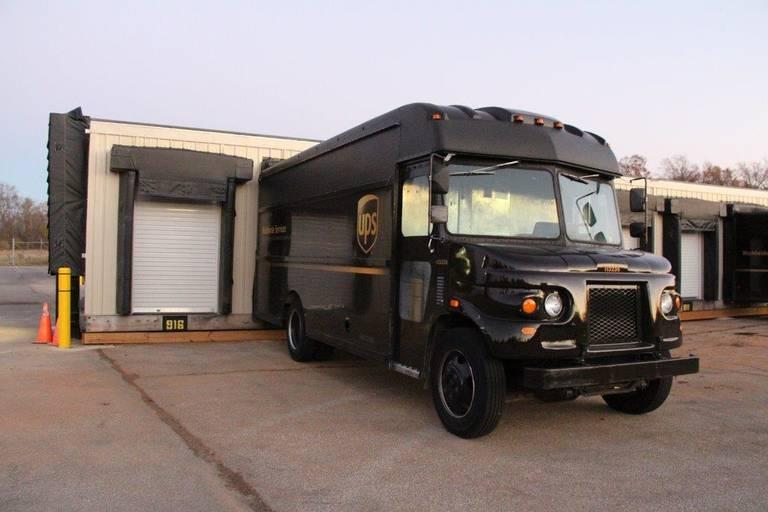
This morning, UPS announced that it has entered into an agreement to purchase up to 11.5 million gallon equivalents of renewable biogas a year well into the next decade. This gas, which is also known as renewable natural gas (RNG) or biomethane, is interchangeable with conventional natural gas, by which much of UPS' fleet has long been fueled.
Proponents of the consumption of this biogas note that its adoption can reduce greenhouse gas emissions by up to 90 percent when compared to what is emitted when using conventional diesel. The biogas that UPS will source will come from sources such as municipal landfills, livestock operations and waste treatment plants.
Not only can this surge in biogas use help reduce the shipping and logistic company's carbon footprint, there is also a huge environmental benefit as well. While total methane emissions, pound for pound, are only one-eighth the amount of carbon emissions released in the U.S., the Environmental Protection Agency (EPA) has concluded that due to methane's potency, its environmental impact is more than 25 times greater than that of carbon dioxide over a 100-year period.
UPS has long been open to using its global feet as a laboratory for alternatives to fossil fuels. Two years ago, the company launched a pilot across California that switched 400 trucks from conventional natural gas to biomethane. Similar trucks were also tested by UPS during the 2012 Olympics in London. Tinkering with next-gen fuels has not been the only tool in UPS' kit to wean itself away from conventional natural gas and diesel: five years ago, the company tested trucks made out of a more lightweight composite material in its quest to improve its operations' overall efficiency. Hydrogen fuel cells, as well as various electric vehicles, have also been on the radar of UPS fleet managers. In addition, UPS is mulling transforming more of its vast warehouse rooftop space to generate solar power.
Fueling stations in Lexington and Louisville, KY; New Stanton, PA; Richmond and Roanoke, VA; West Columbia, SC; Horsham, PA and Doraville, GA are among the locations that will now fuel the company's delivery trucks with this renewable biogas.
Big Ox Energy will provide the bulk of this biomethane to UPS through 2025. Another energy company will supply UPS with 1.5 million gallon equivalents derived from a dairy farm in India for the next five years. Together, these agreements should help reach UPS reach what the company says is its key sustainability goal: source 40 percent of its ground transportation fleet fuel from feedstocks other than conventional gasoline and diesel.
The result will be a huge increase in the amount of renewable biogas UPS says its fleet will consume this year. In 2016, of the 61 million gallons of natural gas that fueled its delivery trucks, 4.6 million gallons were from renewable sources - and UPS expects that latter number to almost triple, to 14 million gallons of renewable fuels by the end of 2017. UPS' business customers will be pleased with this news as well, as cleaner fuels translate into a cleaner supply chain for them, too.
Image credit: UPS

Leon Kaye has written for 3p since 2010 and become executive editor in 2018. His previous work includes writing for the Guardian as well as other online and print publications. In addition, he's worked in sales executive roles within technology and financial research companies, as well as for a public relations firm, for which he consulted with one of the globe’s leading sustainability initiatives. Currently living in Central California, he’s traveled to 70-plus countries and has lived and worked in South Korea, the United Arab Emirates and Uruguay.
Leon’s an alum of Fresno State, the University of Maryland, Baltimore County and the University of Southern California's Marshall Business School. He enjoys traveling abroad as well as exploring California’s Central Coast and the Sierra Nevadas.














